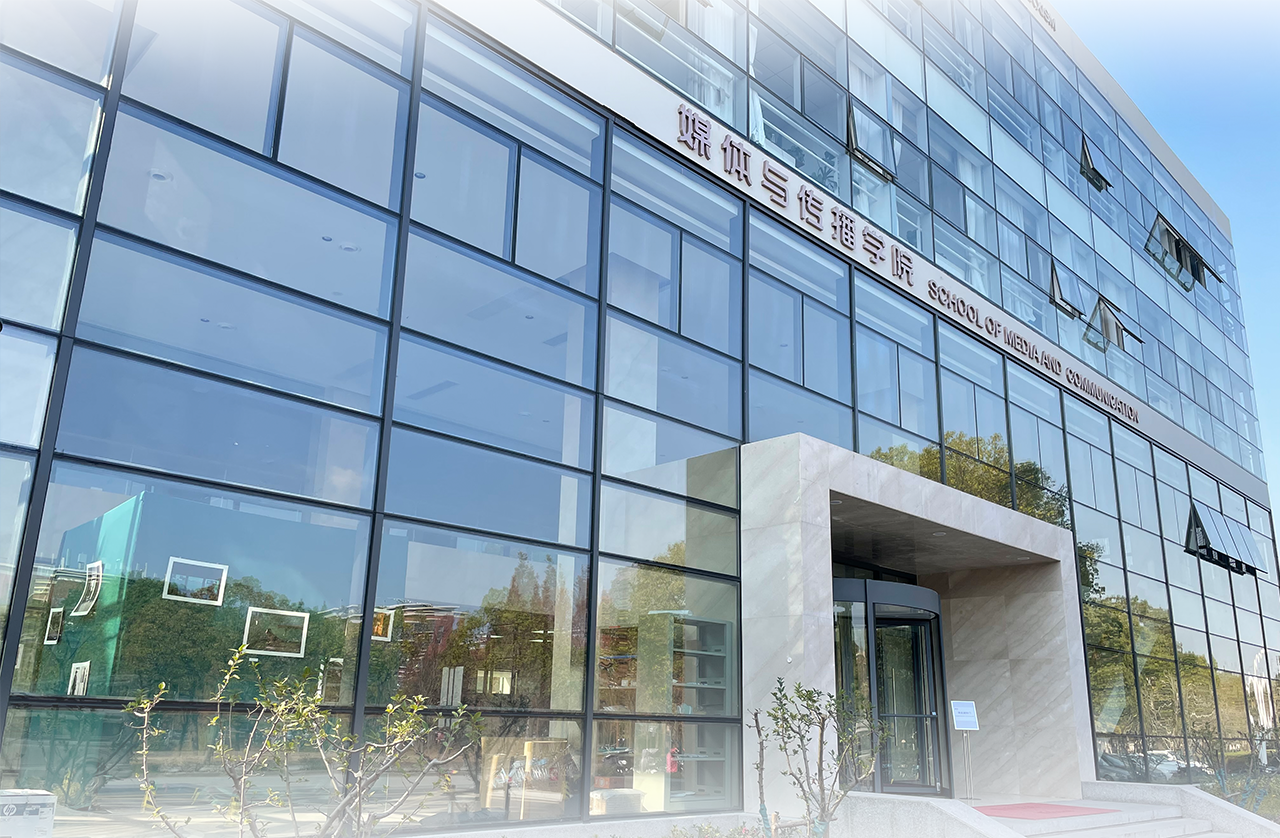The Successful Holding of the "Emerging Media Forum"
"The Emerging Media Forum," organized by the School of Media and Communication at Shanghai Jiao Tong University, was successfully held on October 28th. Distinguished scholars such as Professor Ang Peng Hwa of the Wee Kim Wee School of Communication and Information at Nanyang Technological University and former President of the International Communication Association (ICA), Mr. Toss Gascoigne, the inaugural President of the Public Communication of Science and Technology (PCST), Dr. Jenni Metcalfe, former President of PCST, and Professor Huang Yi-Hui, Department Head of Media and Communication at the City University of Hong Kong and Director of the City University of Hong Kong Press, were among the attendees.The forum was graced by the presence of key academic figures, including Professor Xu Jian, Vice Dean (Presiding) of the School of Media and Communication, Professor Guo Liangwen, Professor Wang Qian, Associate Professor and Director of the Nationalization Office of the Graduate School, Associate Professor Mou Yi, Associate Professor Chen Meng, Associate Professor Wu Fang, and other faculty members. The forum was presided over by Associate Professor Dongjing Kang.
Dr. Jenni Metcalfe delivered a keynote speech on the theme of "Reflectivity in Science Communication," highlighting that the widespread dissemination of misinformation, incorrect information, conspiracy theories, and pseudoscience has led to a decline in public trust in science, coupled with a lack of societal recognition for scientific endeavors. She emphasized that decision-making should not solely rely on scientific evidence, as trust in science is equally crucial. Dr. Metcalfe proposed a new objective for science communication, termed "reflectivity," urging researchers to continually examine their attitudes, thought processes, values, assumptions, and biases.
She stressed the importance of a profound understanding of interpersonal relationships, active shaping of the environment, and critical reflection on situations and relationships. The call was for a more thoughtful and self-aware approach in science communication, encouraging practitioners to scrutinize their own perspectives and contribute to a more nuanced and informed public discourse on scientific matters.
Professor Ang Peng Hwa delivered a keynote speech on the topic of "Self-Regulation of Global Online Advertising." He pointed out issues within the online advertising domain, emphasizing the tendency for misleading advertisements and scams in the absence of global regulations, often shielded under the guise of free speech. He underscored the benefits of self-regulation in the advertising industry but noted that many platforms are concerned that regulation may have adverse effects on their business.
Drawing on George Akerlof's "Market for Lemons" theory, Professor Ang Peng Hwa illustrated his points using the example of Twitter ("X"). He explained the theoretical foundations of successful self-regulation, including a dynamic industry, few major players, a mature market, and government regulatory support.
Mr. Toss Gascoigne explored the advocacy for science communication in the ever-evolving media landscape, focusing on three key questions: What achievements has science communication made in the past 50 years? What does it offer? How can we advocate for science communication?
He pointed out that science communication has successfully built a community of researchers and practitioners. International activities, including courses, training programs, journals, and conferences, have been organized, reflecting diverse cultures and values from around the world. As a multidisciplinary field, science communication has nurtured various professionals, emphasizing the importance of skills such as content creation, learning, consulting, and negotiation for communicators. Mr. Gascoigne highlighted the need to adopt tailored science communication strategies based on the varied interests and requirements of the public, research institutions, government agencies, and businesses.
Professor Huang Yi-Hui delivered a speech on the topic "From Involvement to Co-Creation: The Paradigm Shift in Strategic Communication." She expounded on the paradigm shift in communication, moving from monologue to participation. The monologue paradigm represents a linear communication approach, while the emergence of the internet has facilitated a shift towards a dialogue paradigm, enabling two-way communication with the audience. Professor Huang emphasized the ABC participation model within the involvement paradigm, highlighting the crucial role of technology in audience engagement across the dimensions of cognition, emotion, and behavior.
During the discussion session, faculty members and students from the school posed questions to the four guest speakers based on their respective presentations, creating a lively atmosphere at the venue.
In the afternoon, a symposium for the Emerging Media Journal was held in Room A300 of the School of Media and Communication. Professor Huang Yi-Hui, Professor Ang Peng Hwa, Professor Guo Liangwen (editor-in-chief of the English journal "Emerging Media"), Associate Professor Mou Yi (deputy editor-in-chief), and assistant editors engaged in discussions. The two professors shared their experiences, praised the editorial work of the "Emerging Media" journal, and provided constructive suggestions for its future development.
Authorship: Jianfeng Lan, Mohammad Shahir Sharifi
Photography: Jianfeng Lan


